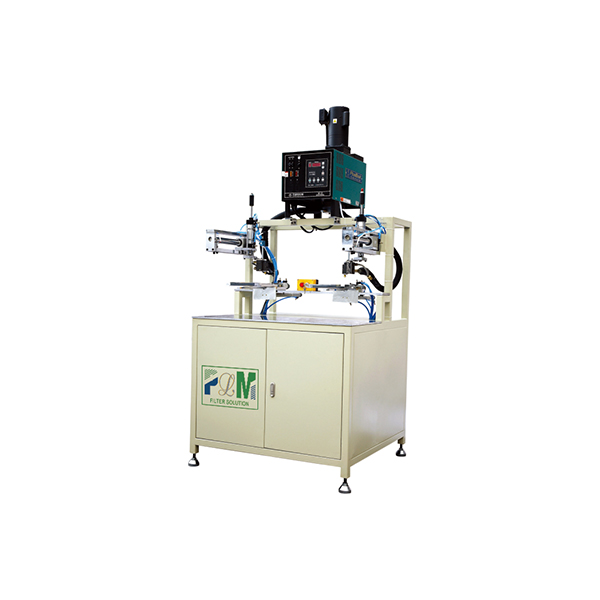តុលា . 06, 2024 13:57 Back to list
filter press cloth micron rating
Understanding Filter Press Cloth Micron Ratings
Filter press cloths are critical components in various industrial processes, particularly in filtration applications. These cloths are used in filter presses to separate solids from liquids, making them essential in sectors such as mining, food and beverage, pharmaceuticals, and wastewater treatment. A crucial aspect of filter press cloths is their micron rating, which determines the size of particles that can be effectively filtered. This article aims to provide a comprehensive understanding of filter press cloth micron ratings, their significance, and factors affecting their performance.
What is Micron Rating?
Micron rating refers to the size of the openings in the filter media, measured in micrometers (microns). One micron is one-millionth of a meter. For example, a filter cloth with a micron rating of 10 allows particles larger than 10 microns to be retained while passing smaller particles through. This measurement is vital for determining the cloth's suitability for specific applications, as different processes require different levels of filtration.
The Significance of Micron Rating
1. Particle Separation The primary purpose of a filter press cloth is to separate solids from liquids. A suitable micron rating ensures that the desired particles are retained while allowing the liquid phase to pass through. If the micron rating is too high, smaller particles will escape into the filtrate, which could compromise product quality. Conversely, if the rating is too low, the cloth may clog, leading to inefficient operations and increased maintenance costs.
2. Process Efficiency The efficiency of a filtration process largely depends on the correct micron rating. Properly selected cloth can reduce cycle times, enhance sedimentation, and minimize the need for additional filtration steps. This optimization is crucial in industries where time and efficiency translate to significant cost savings.
3. Product Quality In industries such as food and beverage or pharmaceuticals, maintaining product purity is paramount. The micron rating of the filter cloth directly affects the final product’s quality by ensuring that unwanted particles and contaminants are effectively removed.
filter press cloth micron rating

Factors Influencing Micron Ratings
Several factors can influence the selection of the appropriate micron rating for filter press cloths
1. Nature of the Material The type and characteristics of the material being filtered play a significant role. Certain slurries contain coarse and fine particles; thus, a graduated micron rating may be necessary to achieve optimal filtration.
2. Operating Conditions Pressure, temperature, and pH levels can affect the filtering process. Higher pressures may require cloths with tighter micron ratings to prevent leaks, whereas higher temperatures may also influence material choice and performance.
3. Filtration Objective Whether the goal is to recover valuable solids, reduce waste, or obtain a clear liquid will dictate the selection of micron rating. The end use of the filtrate also affects this decision.
4. Cloth Material and Construction The type of fabric used for the filter press cloth—such as polypropylene, polyester, or nylon—will also impact its performance at various micron ratings. The weave and thickness of the cloth are additional factors to consider.
Conclusion
In conclusion, the micron rating of filter press cloths is a critical specification that influences not only the effectiveness of solid-liquid separation but also the overall efficiency and quality of industrial processes. Understanding how to select the appropriate micron rating based on material characteristics, operating conditions, and specific filtration objectives is essential for optimizing filtration systems. By paying attention to these details, industries can enhance productivity, ensure product quality, and reduce operational costs, ultimately leading to greater success in their filtration needs. The careful consideration of filter press cloth micron ratings is therefore not just a technical requirement but a strategic component of successful industrial operations.
-
Premium Engine Oil Filter Supplier & Exporter Reliable Engine Oil Filter Service
NewsJul.04,2025
-
Wholesale PLRZ-1000N Full-Auto Hot Melt Filter Paper Bonding Machine - High Efficiency & Precision
NewsJul.04,2025
-
OEM PLXB-1 PU Pack Trimming Machine - High Precision, Durable, Cost-Effective Solutions
NewsJun.10,2025
-
High-Performance In Line Fan Filter Trusted In Line Fan Filter Company & Products
NewsJun.10,2025
-
High-Efficiency Water Filter Making Machine Reliable Companies & Products
NewsJun.10,2025
-
Premium Metal Fuel Filter Durable & Efficient for Engine Protection
NewsJun.10,2025
